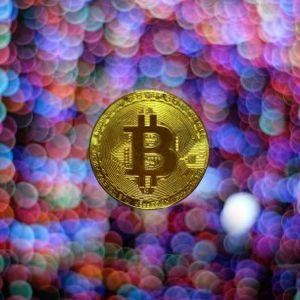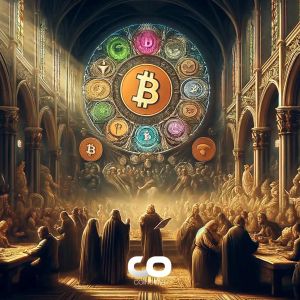Bitcoin (BTC) is trading slightly lower in South Korea compared to the global cryptocurrency markets due to a reverse ‘kimchi premium,’ not seen since October 2023. Reverse ‘Kimchi Premium’ Makes Bitcoin Cheaper In South Korea According to a report by The Korea Times, there is a price differential of more than $500 between Bitcoin’s price in South Korea and global markets. Analysts attribute this to a negative ‘kimchi premium.’ Related Reading: Analyst Warns Of Bitcoin Market Shift: Are We Near A Major Sell-Off? For the uninitiated, kimchi premium refers to the price difference where BTC trades at a higher price on South Korean exchanges than on global markets. This premium is driven by local demand, regulatory factors, and capital controls in South Korea, leading to occasional price discrepancies. Currently, the kimchi premium stands at -0.74%, leading to a lower market price for BTC on South Korean exchanges than the rest of the world. Notably, the kimchi premium has been negative since October 15. A positive premium indicates strong demand for the underlying digital asset. In contrast, a negative premium might suggest that investors may be looking to trade on foreign exchanges due to South Korea’s stringent regulations surrounding digital assets. A positive Kimchi Premium is common on South Korean exchanges, which often experience high trading volumes. When BTC briefly crossed $72,000 in March 2024, the kimchi premium surged as high as 10%. The report suggests low domestic investor sentiment is a key factor behind the negative premium. While global crypto trading volumes have surged due to the upcoming US presidential elections and a Chinese stimulus package, sentiment in South Korea remains lukewarm. KP Jang, head of Xangle Research, commented: Korea prohibits foreign and institutional investors from using domestic exchanges, which makes the decline in retail investor demand a more direct factor. Further, the preference for typically riskier altcoins in hopes of extraordinary profits might influence the local South Korean crypto market, driving attention away from BTC and leading to lower trading volumes. That said, analysts expect the negative kimchi premium to be a temporary phenomenon. Jang explained that, historically, such price discrepancies have only persisted for a short period. Will A Regulatory Overhaul Help South Korea? The crypto regulatory framework in the peninsular country is witnessing several changes to streamline digital asset trading and ensure sufficient customer protection mechanisms are in place. Related Reading: South Korean Authorities Investigate Lawmaker Over Alleged Crypto Transfers In 2022, South Korea elected pro-crypto Yoon Suk-Yeol as president. As part of his election campaign, Yoon promised to reduce government interference in crypto markets, calling existing regulations “far from reality and absurd.” In contrast, neighboring Japan has openly embraced digital assets amid evolving crypto regulations. For instance, earlier this year, Japan’s Government Investment Pension Fund (GIPF), with $1.5 trillion in assets, expressed a desire to gain exposure to BTC. BTC trades at $67,559 at press time, down 0.4% in the past 24 hours. When writing, the leading cryptocurrency commands a total market cap of $1.33 trillion. Featured image from Unsplash, Chart from Tradingview.com
















